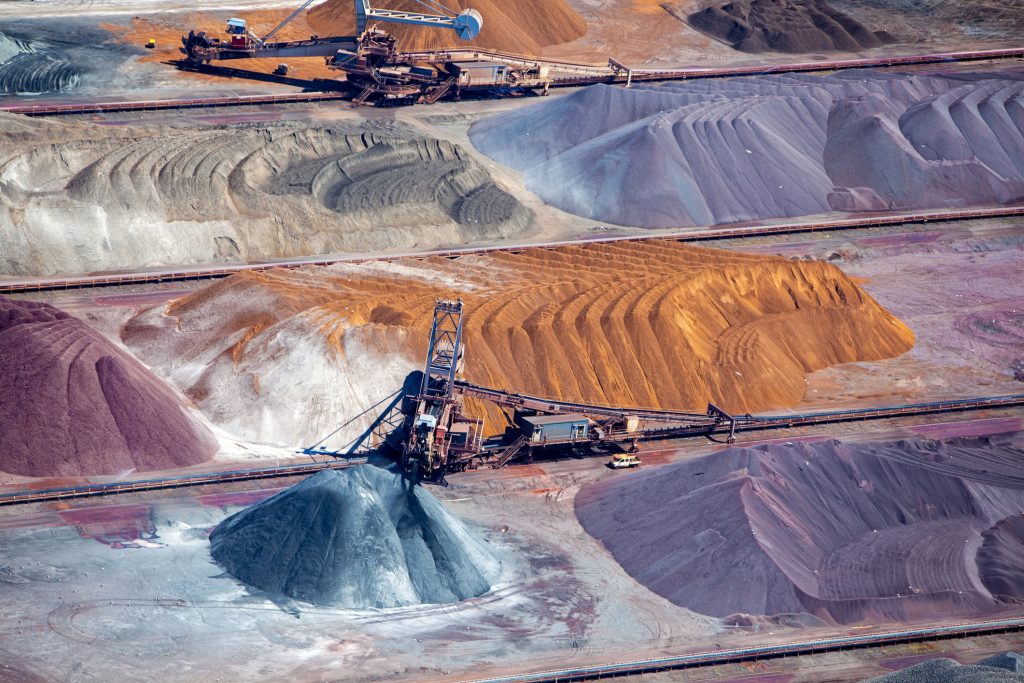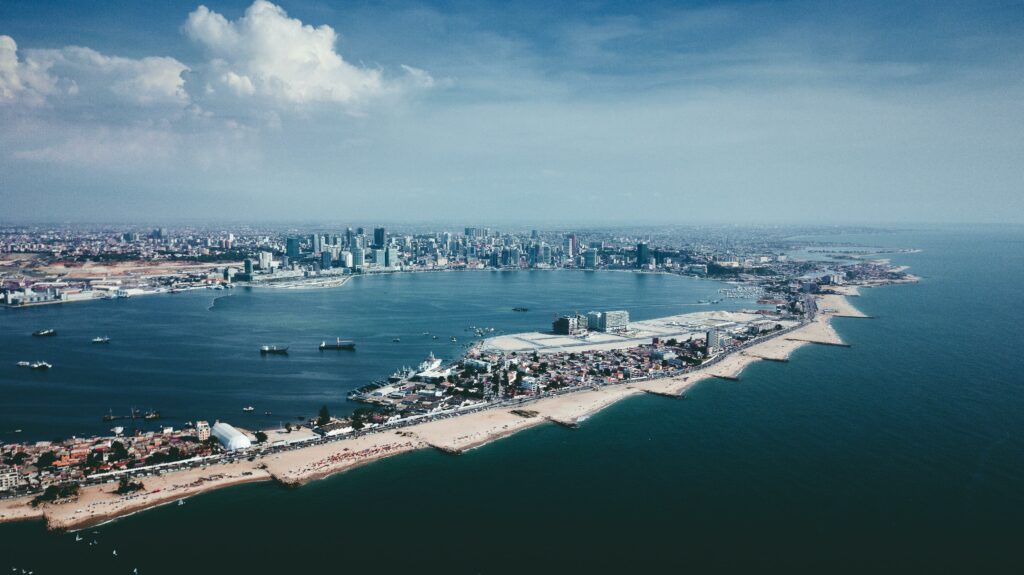Dr Carole Nakhle
Twin Problems
The Middle East has several features that distinguish it from the rest of the world. Apart from sitting on the largest proven oil and gas reserves, the region is famous for its complicated politics, challenging demographics and fragile economic structures.
For oil- and gas-rich states, limited economic diversification is acute; this is where we find government dependence on hydrocarbon revenues reaching as high as 95 percent in countries like Iraq. This is also where we find a poorly diversified primary energy mix, which is heavily reliant on oil and gas, in a sharp contrast to the norm elsewhere where local energy needs are met by diverse sources of energy, mainly oil, gas, coal, nuclear, and renewable energy.

The lack of diversification – both in terms of the economy and energy mix – brings serious challenges for the region. The economic performance of the oil- and gas-rich states has simply mimicked the volatile and unpredictable movement in oil prices: when oil prices are high, these economies grow rapidly, but when oil prices go in the other direction, they shrink in tandem. Additionally, the dependence on oil and gas to meet local energy needs has caused two problems: first, the trade-off between the more lucrative exports and the highly subsidized domestic market, and second, the higher carbon footprint because of the absence of greener sources of energy.
In a world where international competition for global market share in oil and gas and the fight against climate change intensify, the region’s leaders seem to be increasingly convinced that the old model of governance is simply not sustainable.
Economic and Energy Aspirations of the Middle East is part of ‘Making Waves: How Geopolitics, Energy, and the Environment Interact’, Volume 5 (1), Summer 2018, published by the Fletcher Security Review, USA.








